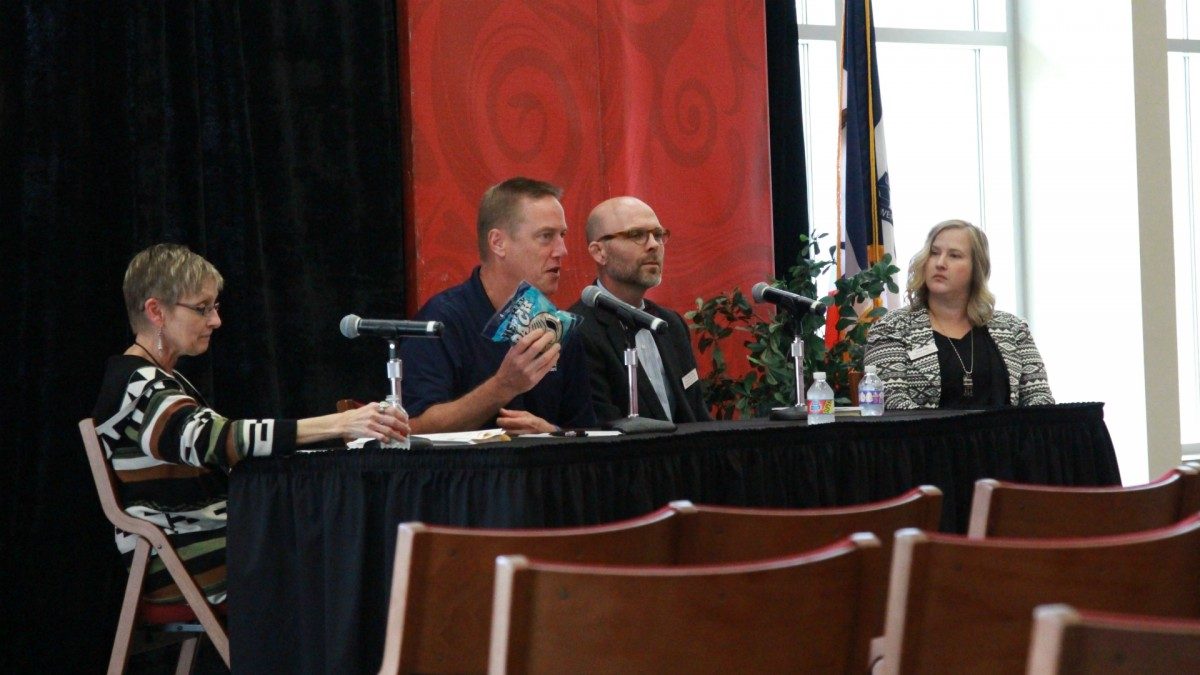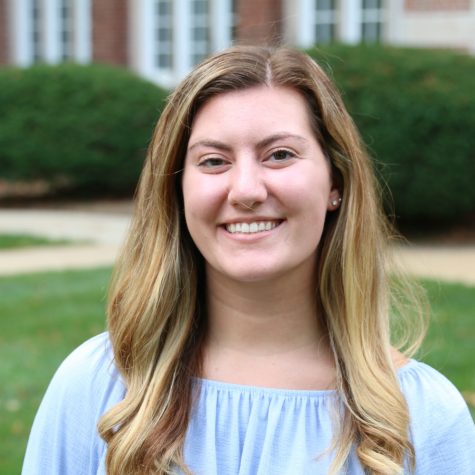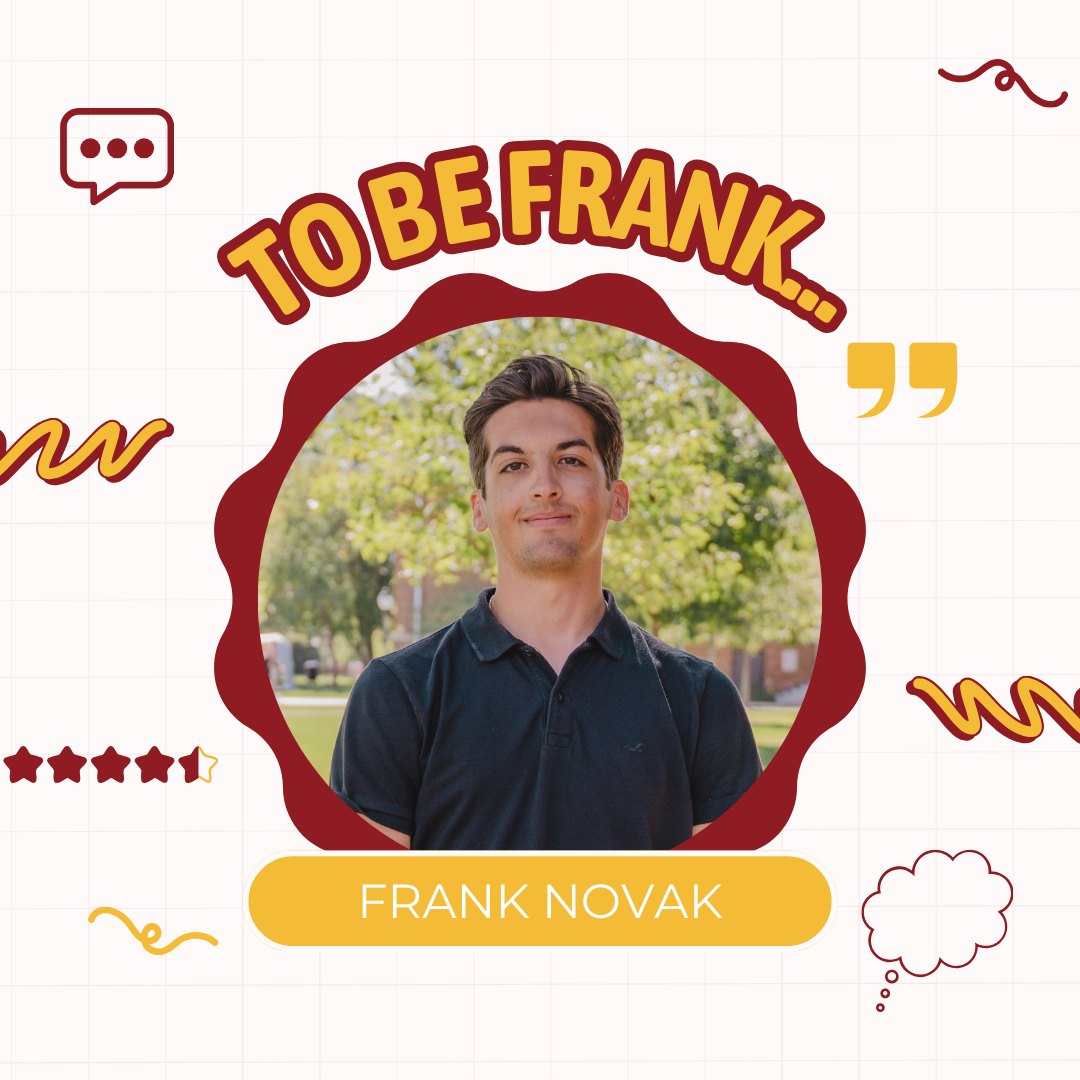Hunger hits home: The fight against food insecurity
October 3, 2017
INDIANOLA, Iowa — Food insecurity is Simpson College’s service focus for the 2017-2018 school year.
Chad Timm, associated professor of education, the Rev. Sarai Schnuker Rice, executive director of the Des Moines Area Religious Council and Mike Schneider, of Meals from the Heartland, are all doing their part to work toward a solution for hunger and poverty issues.
They spoke at Simpson’s food insecurity panel event Sept. 27, which was the launch of related education programs that will be held throughout the year.
Approximately 48.1 million people in the United States are living below the poverty line and are food insecure Timm said, citing a study done by Harvard University.
Hunger and poverty are pressing issues with the growing disparity between the rich and the poor. Food insecurity is when people do not always have access to nutritious food.
“Eighty percent of food insecure people in Iowa are employed,” Timm said.
Food insecurity affects every age group in many communities around the world and in the Des Moines metro community.
“Des Moines is home to a large food pantry system including 13 food pantries,” Rice said.
Polk County food pantries served more than 18,000 people in August. Many of these pantries began an innovation project incentivizing healthy food in September.
“We don’t buy or accept unhealthy food to serve to those in need. The people we serve deserve healthy food,” Rice said.
Rice uses behavioral economics to make healthy food inexpensive food for those in poverty who are at risk for chronic diseases. Another supporter of healthy food is Meals from the Heartland.
“(We) come in, build a community and package meals to be distributed all around the world,” Schneider said.
Engagement is key for Meals from the Heartland, and Simpson is a great supporter of this idea.
Schneider wants people to understand the importance of packaging food for those in need as they look for smarter and more collaborative ways to feed people.
Meals from the Heartland has truckloads of meals going to Texas and Florida for hurricane relief, but 95 percent of meals are sent to third-world countries.
“Our goal is to distribute meals to those in need worldwide,” Schneider said.
In 10 years of operation, Meals from the Heartland has grown from serving 4 million meals to 21 million meals, and Schneider said there’s still room for growth.
Simpson began its own program to aid in the fight against hunger in spring 2016. Timm is the organizer of the food recovery program called Next Course.
“Instead of throwing good food away we save it,” Timm said.
Sodexo works with Next Course to reduce waste. Simpson students deliver the recovered food to nearby churches Monday mornings, and these churches host free meals throughout the week.
Timm said 2,500 pounds of food have been recovered between last January and May.
Sodexo has worked on methods to lower waste so Next Course is looking to expand the idea of food recovery to make sure there is enough food to meet community needs in the future.
The problem of hunger and poverty is growing, and no one really knows how to fix these social problems.
“Employers don’t provide a living wage, and we get to the point where poverty produces poverty,” Rice said.
Many people Rice serves have multiple jobs and still can’t earn enough to support themselves and their families. Poverty is a systematic problem.
“The bottom line is that our system in built in a way to keep people in poverty trapped there,” Timm said.
Some see poverty from a conservative side or a liberal side, but Timm sees it from a critical side.
“We need to change the system so society is not supporting an economic system that benefits off the poor,” Timm said.
Although the solution to poverty won’t come overnight, many people are working toward the common goal of solving the social problem.
“We want to be a part of that solution to end food insecurity,” Schneider said.
Meals from the Heartland is one of many programs trying to break the cycle of poverty by doing their part to engage, educate and feed.
“Hope starts with one grain of rice and we hope to continue spreading that hope around the world,” Schneider said.







